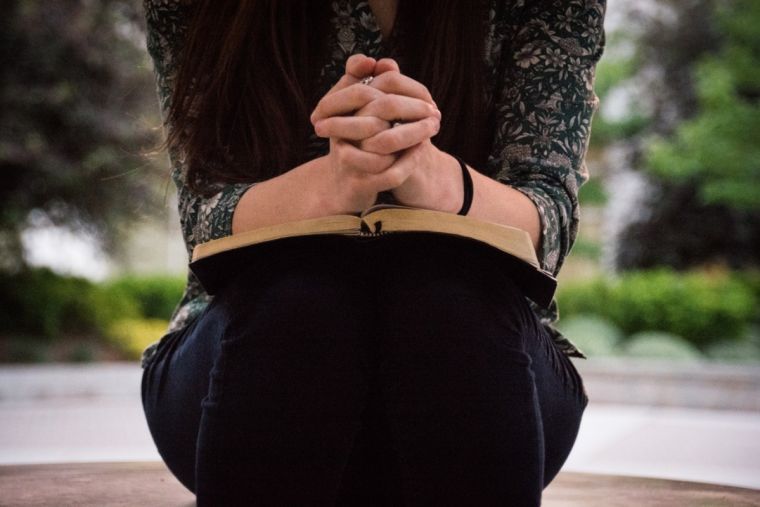The comfort - and challenge - in the Lord's Prayer

I was delighted to discover that Bridgend Council clarified the rules after a celebrant was told not to lead mourners in saying the Lord's Prayer at a funeral service in the local crematorium.
Confirming that more than one person can recite this most famous of prayers, a councillor said they were "not aware that these regulations were open to interpretation", adding, "We very much welcome the additional clarity, which now permits a number of people to pray out loud at the same time."
This is the current situation of course but given the speed with which the rules can change, this advice may well be out of date by the time you read this column! To be fair to the crematorium authorities though, they were on a hiding to nothing. And I was pleased that the council extended its sympathy to everyone and said: "We appreciate the Lord's Prayer is of great comfort to many of those attending services and we are sorry if our actions caused any upset."
I never cease to be amazed at the comfort people get from the Lord's Prayer, whether they are active churchgoers or not, although sadly these days it can sometimes be nothing more than a nostalgic sentimentality.
This prayer shows us that Jesus wanted us to experience something infinitely better than that! For example, we all need to know we are valued, and the opening words assure us that we are. For far from being evolutionary accidents or meaningless bits of cosmic dust, we can know God as our 'Father' (or 'Dad' as the original Aramaic suggests). He is a powerful and caring 'dad' too, unlike so many of us who tarnish this word by our selfishness and indifference. That's why we can trust Him to supply us with food and to protect us, not least from our own foolish inclinations.
But, and it's a massively important 'but', there is as much challenge as there is comfort in the Lord's Prayer. In fact, it poses a very important question from the very outset: do we really want people to honour God's name rather than use it as a swear word for example? If we do, we need to live in such a way that we will inspire them to do so.
And of course Jesus talks about 'our', not 'my' daily bread. This is a sobering reminder that it is wrong to live highly self-indulgent lives when there are those who are unable to sleep because of the hunger pains that keep them awake.
Forgiveness is at the heart of this prayer too. Only those humble enough to recognise their failings will ask for it and often forgiving others can prove a step too far.
And then there's that seemingly innocuous statement 'your kingdom come, your will be done on earth as it is in heaven'. If ever there was a revolutionary prayer request, it's this one. We can't pray it without being prepared to change ourselves, as well as do all we can to make this world a better, kinder place.
It will mean seeking an end to hunger and inequality, for example, but essentially it will mean rejecting selfishness and loving others as much as we love ourselves. And I can think of nothing more relevant than this as we face the challenges of the current pandemic. For, ultimately, keeping the rules is one way of loving our neighbour as much as we love ourselves, even when that proves very costly.
Rob James is a Baptist minister, writer and church and media consultant to the Evangelical Alliance Wales. He is the author of Little Thoughts About a Big God.











